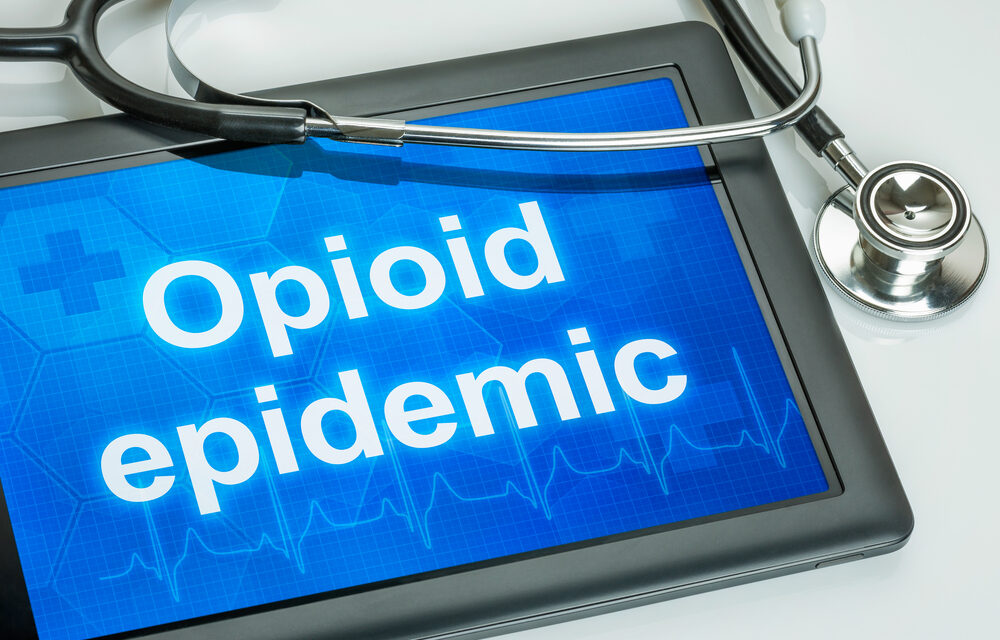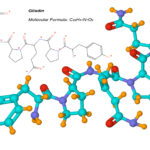The American Telemedicine Association (ATA) and ATA Action recently issued a statement regarding a study which showed the impact of telehealth services for opioid use disorder among Medicare beneficiaries during the COVID-19 pandemic. The study, which was undertaken by the Centers for Disease Control and Prevention, the Centers for Medicare & Medicaid Services, and the National Institute on Drug Abuse, published its results in the journal JAMA Psychiatry.
According to Kyle Zebley, Senior Vice President of public policy of ATA, and Executive Director of ATA, the results demonstrated the positive impact that telehealth can have on treating individuals with substance abuse disorder. The results showed that telehealth services helped lower the odds of overdose and increased the use of medications for opioid use disorder (MOUD).
“We hope this sends a strong signal to policymakers that telehealth can and should be a permanent part of healthcare delivery, to effectively and safely address critical needs of patients and individuals whenever and wherever they need it most,” said Zebley. He added, “This study is further proof that the Biden administration should work with Congress to make permanent the current Ryan Haight in-person waiver for the remote prescription of clinically appropriate controlled substances.
The ATA and ATA Action are working with policymakers in both parties to ensure that vulnerable and underserved communities currently benefiting from this in-person waiver do not have their continuity of care interrupted once the COVID-19 Public Health Emergency ends.”
The study authors said that telehealth during the pandemic was associated with improved retention in care and reduced odds of medically treated overdose, and that ways to expand MOUD is urgently needed in the midst of the ever-growing overdose crisis.
The ATA and ATA action are committed to advancing access to telehealth.












